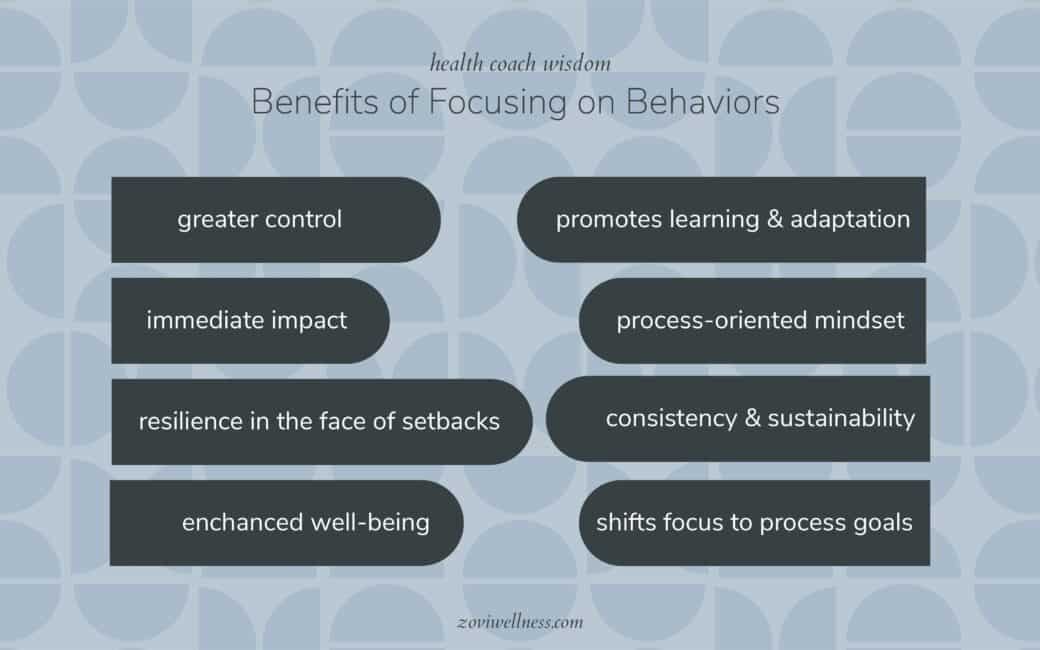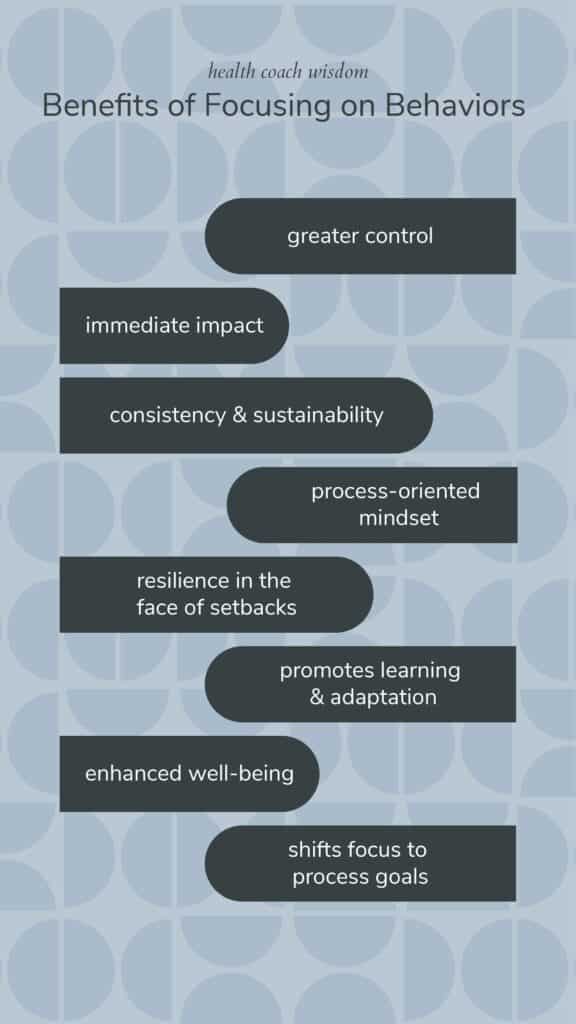Food for Thought:
Consistency Before Complaint
You know, changing lifestyle habits to better health and wellness is definitely not a walk in the park. It takes dedication, patience, and, above all, consistency. Yet, sometimes, we find ourselves feeling frustrated and wondering why “nothing is working” despite our efforts.
But here’s the thing – before we throw our hands up and blame the universe for our lack of progress, it’s essential to take a step back and evaluate our consistency with healthy habits. Are we truly giving it our all, day in and day out? Or are we slipping back into old habits more often than we’d like to admit?
Consistency is the secret sauce that makes all the difference. It’s not about making drastic changes overnight or following a strict regimen for a week and then giving up when we don’t see immediate results. It’s about showing up for ourselves every single day, making small, sustainable choices that add up over time.
So, before we hit the panic button and throw in the towel, let’s recommit to consistency. Let’s focus on making healthier choices consistently – whether it’s choosing to snack on vegetables instead of cookies, squeezing in a quick workout, or prioritizing sleep.
Remember, progress takes time, and every small step forward counts, even if it doesn’t feel like it right away.Trust that the results will come in due time.
What To Do Today:
Take a good look at your typical day. Are you actually doing the things that fit, healthy and energetic people do?
How can you do more awesome things without overhauling your life?
You've got this!




